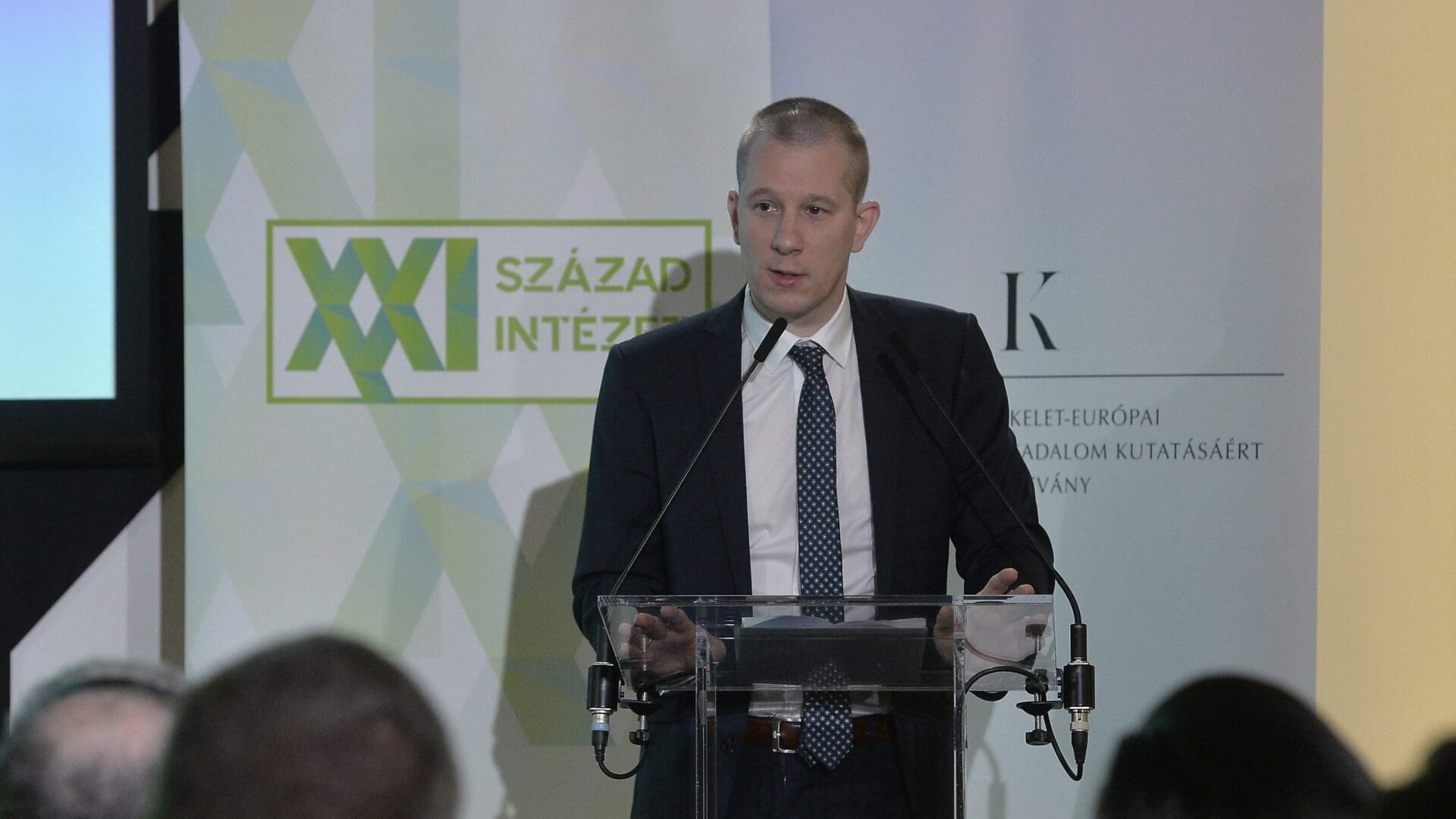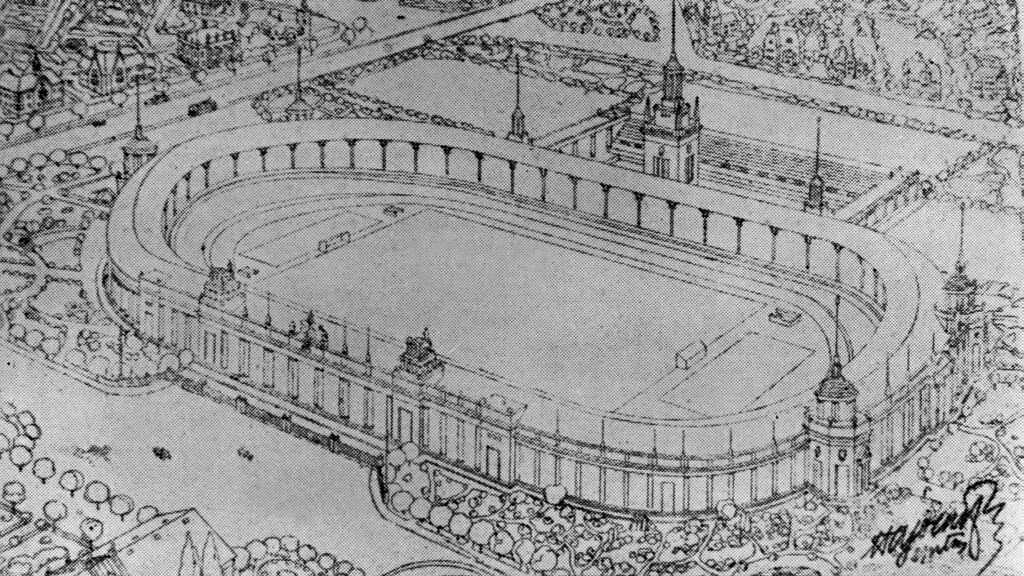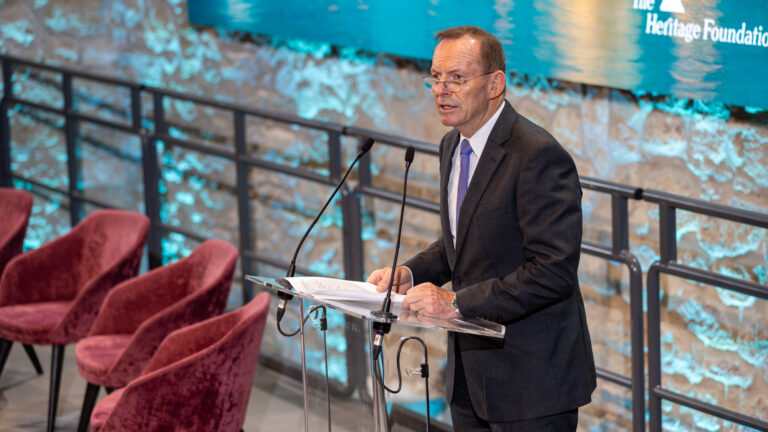From Thursday to Sunday, the Tranzit Festival will be held again in Tihany. Beside Prime Minister Viktor Orbán, opposition politicians will also participate in the event. Márton Békés, Director of the 21st Century Institute and chief editor of Kommentár magazine, the organiser of the event, spoke with Mandiner about what to expect at this year’s Tranzit. You can read the interview in English below.
***
What topics and subject areas are at the focus of this year’s Tranzit Festival? Can and does the festival intend to thematise?
Since its inception in 2009, Tranzit has always been both the same and different each year. This is especially true for the four-day major event held in Tihany, which has followed a similar schedule for over half a decade while managing to remain up-to-date. The main theme remains fundamentally similar: Tranzit serves as a conceptual and practical arena for the creation of an independent, sovereign, self-reliant Hungary, organised as a community of communities. However, the exact themes change every quarter and every year. Currently,
topics such as war or peace, and the question of the West and the East, are particularly contentious.
And I have intentionally phrased the dichotomy of war and peace as either-or, as opposed to the points of the compass as and-and. These are related to smaller thematic groups, such as economic, domestic and foreign policy topics, or the processes taking place in the first third of the 21st century, such as the impending global paradigm shift and cultural sovereignty. In recent years, the Tihany Tranzit has functioned as an ‘ideological expo,’ and this August, it combines all the excitement of a political festival. It’s going to be good.
Which presentations and programmes will in your view be the most important?
As the programme is quite diverse and lasts from morning to early evening, there are competing roundtable discussions and debate forums vying for attention every hour, so providing a detailed list would be lengthy and unjust to omit anyone, so I won’t mention specifics. However, I can reveal that the ministerial-level presentations in the morning and the domestic political debates after lunch interest me greatly. To be honest, though, I find the intellectual and personal calibre on the other side so poor that I expect little intellectual excitement from the participation of opposition figures. Still, we need to stay prepared, and we must constantly persuade our own. I’m eternally optimistic: even amidst the greatest moments of nonsense, a good idea can emerge within us.
Much of the public discourse takes place within echo chambers. Is there value in engaging in debates?
This goes back to what I said earlier. Engaging in debates is a must; arguments need to be tested.
In boxing, too, shadowboxing is an important part of the training regimen, and marksmanship skills are honed on the shooting range.
There are definitely no echo chambers in Tihany, although we indeed are among ourselves. The occasional critical voice or internal debate is always present, however, and that’s a good thing. As long as it’s constructive and driven by a communal intent rather than individual posturing, and as long as it doesn’t stoop to personal attacks, then it’s good and important, because it builds us up.
Beyond political power dynamics, how is conservative thought faring domestically and globally?
At home, the structure of cultural hegemony is changing,
thanks partly to the government’s efforts of the past 12–13 years and the voluntary organising and intellectual work of many. Each year, I observe, for instance, the offerings of the June Book Week, and I notice that the national-conservative side produces two or three times more ideology-focused books, and I say that in a positive sense, than the cosmopolitan-progressive sphere, not to mention the quality of the publications. Civic, right-wing foundations, think tanks, publishers, magazines, events, and talent development produce more knowledge, better ideas, and deeper understanding than the leftist-liberal milieu, which is essentially just defending the fortress of literature. This means two things for us: a lot of humility and even more work.
Following the controversies around the Opera and the Liszt Academy, the so-called ‘culture war’ has been reinvigorated. What are your thoughts on its current state? Does such a thing even exist?
In his speech in Tusnádfürdő in 2018, Viktor Orbán spoke about the difference between systems and eras, considering the former as political operations, a complex structure, and the latter as a broadly understood cultural content ensemble. Since then, every summer,
the liberal intelligentsia fights its little seasonal culture war,
and then, after they’ve relaxed in Tuscany, they return to Budapest in September and pick up where they left off. There were years when it was the just quoted Orbán speech, the CEU, or the reverberations of the struggle around the Academy of Sciences or the prelude to that around the University of Theatre and Film Arts occupied their thoughts; this year, the Libri deal—an entirely normal business transaction—served as the trigger. This was accompanied by micro-issues like the bench-painting stunt in Ferencváros and the complying with legal obligations regarding the wrapping of certain books (Editor’s note: Hungarian law mandates bookstores to wrap in transparent packaging books for children and young adults that feature LGBTQ content.), but they really wanted to create a bigger issue from the appointments of director generals to public cultural institutions as well. In short, the answer to the question is that in this country, the left-liberal intelligentsia is waging a culture war, while we are fighting for our own national culture. This is not a party issue or a left-right matter because if we succeed, there will still be people reading and writing in Hungarian in the next thousand years. Ours is a historical task, not a one-season hit.
Read more:
Click here to read the original article.







